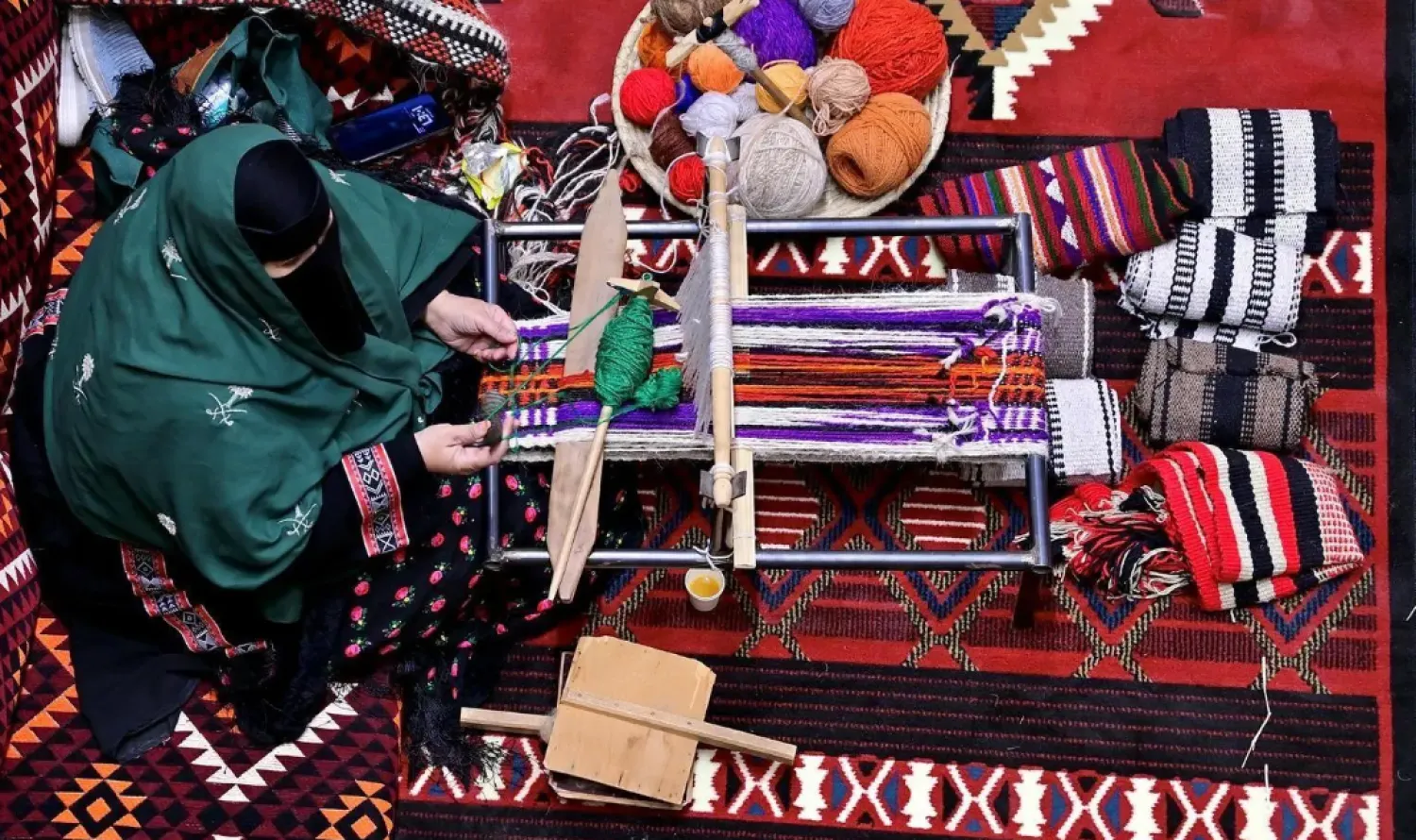Authorities in Greece have closed down the Acropolis in Athens during the afternoon on Thursday for a second day as the country swelters under unseasonably high temperatures.
According to The Associated Press, the Culture Ministry said the hilltop citadel, which is Greece's most popular ancient site, was closed from midday to 5 p.m. because of the heat.
All other archaeological sites in the Greek capital were also shut during the same hours. People who had booked visits for that period could use their tickets later in the day until the sites close at 8 p.m., the ministry said.
Temperatures exceeded 40 C on Thursday in much of central and southern Greece, including greater Athens, the Cyclades and Crete.
Officials are on heightened alert for wildfires, which plague Greece every summer.
The minister responsible for civil protection, Vassilis Kikilias, said Thursday posed a particular wildfire risk due to the combination of high temperatures and winds.
“The early start of the heat waves, combined with the dry winter, has led to a very difficult fire season,” he said.
The fire service also warned of a very high wildfire threat on Friday.
Authorities in Athens are providing air-conditioned areas to the public and have issued fans to secondary schools where end-of-year and university entrance exams are being held.
Scientists warn that summer temperatures there could rise by an average of 2 degrees by 2050. Athens mayor Haris Doukas has tried to create more shade by planting 2000 trees.
“Our first goal shall be to lower the median temperature, the felt-air temperature," he told Reuters.









